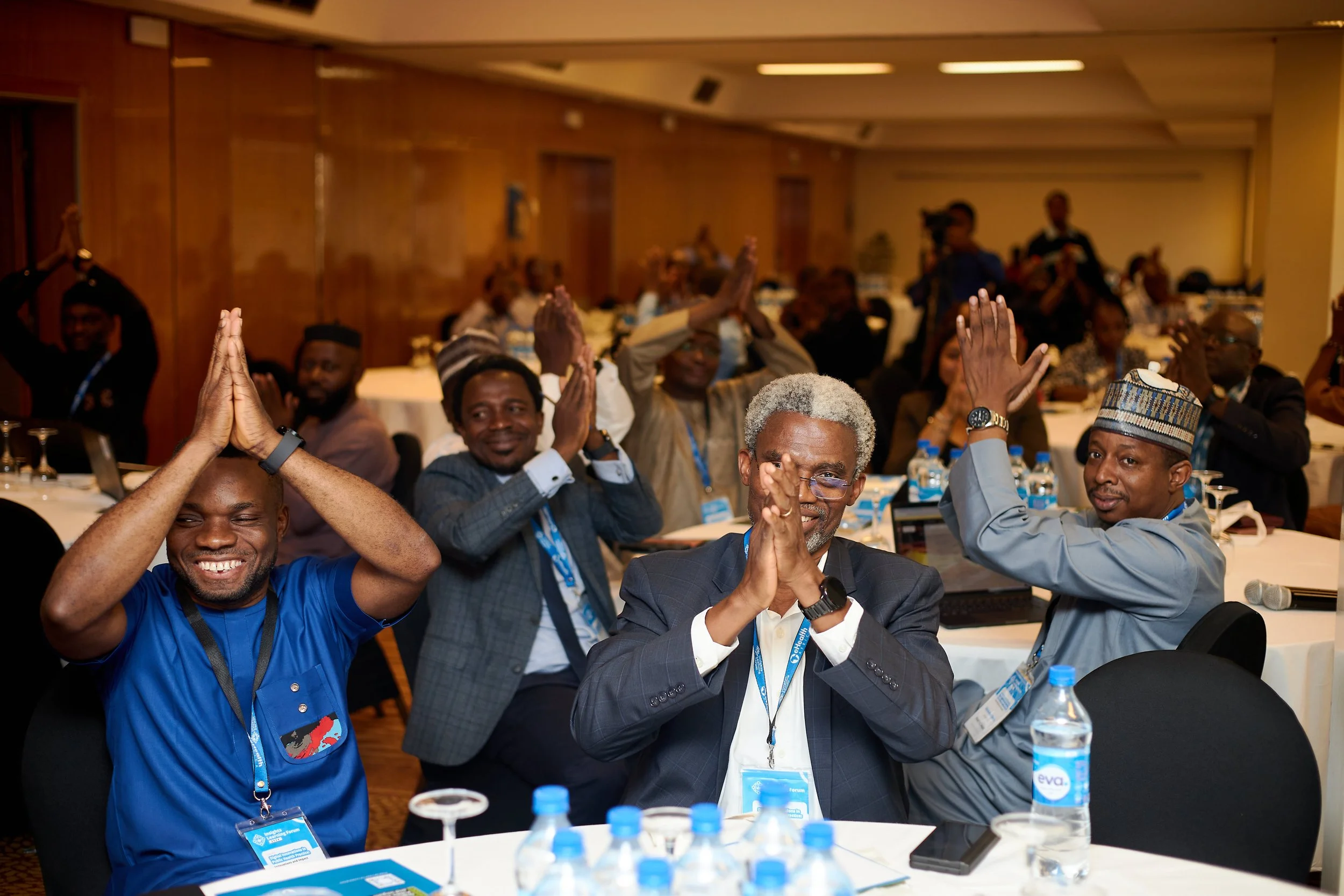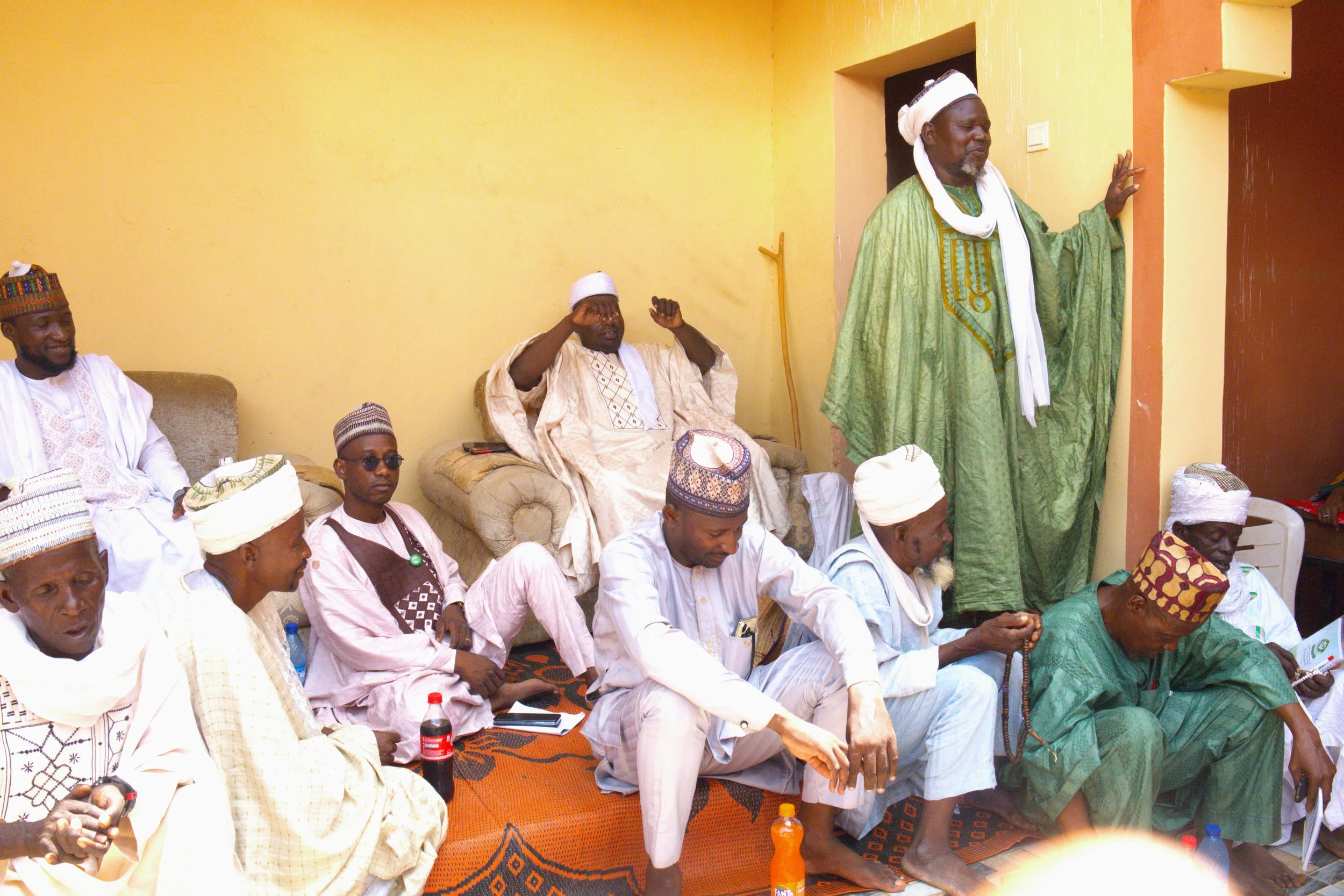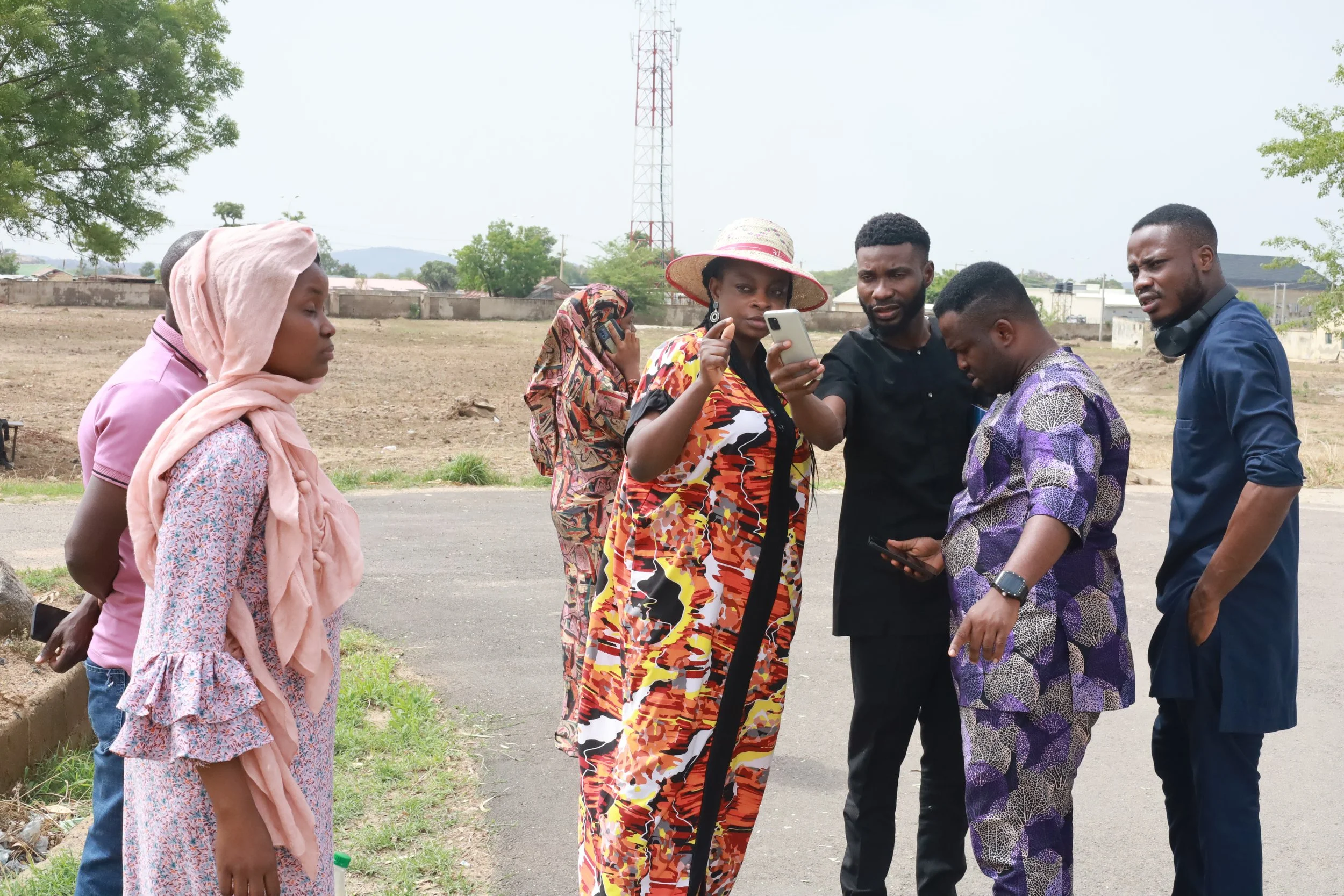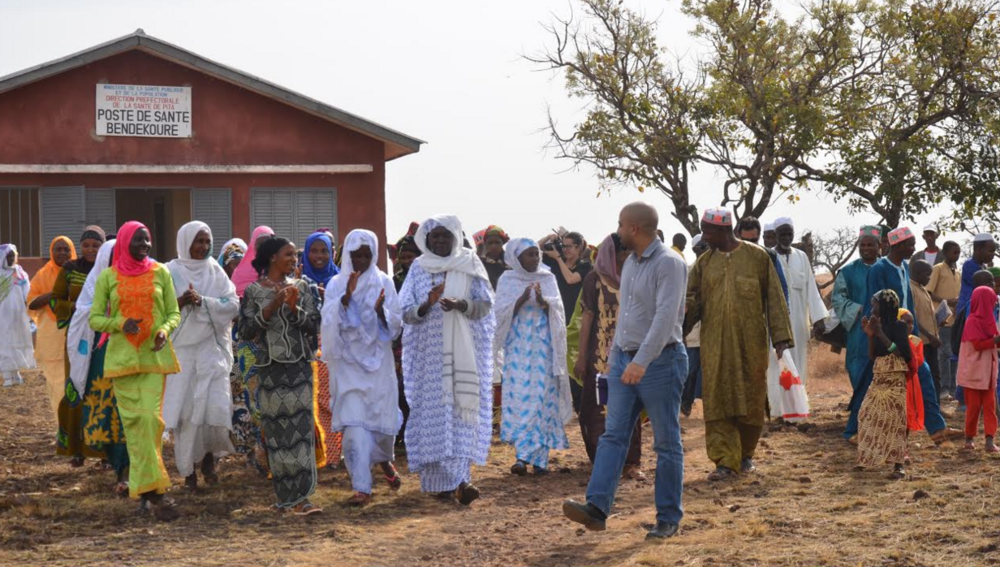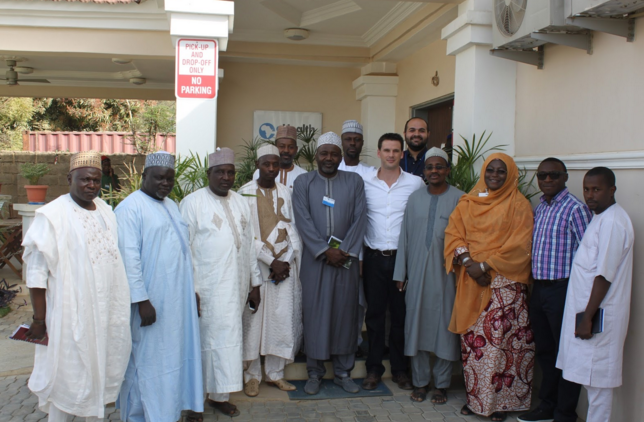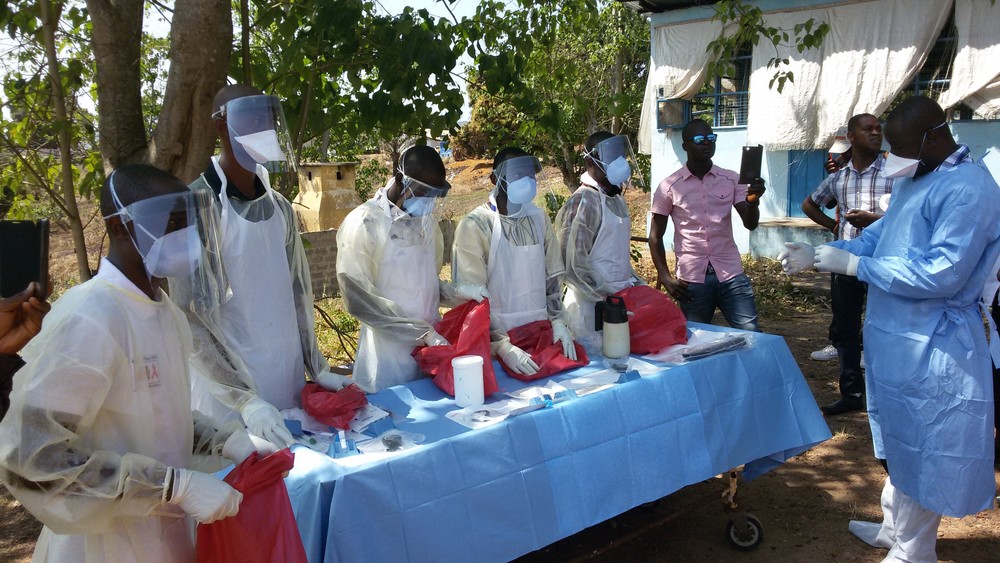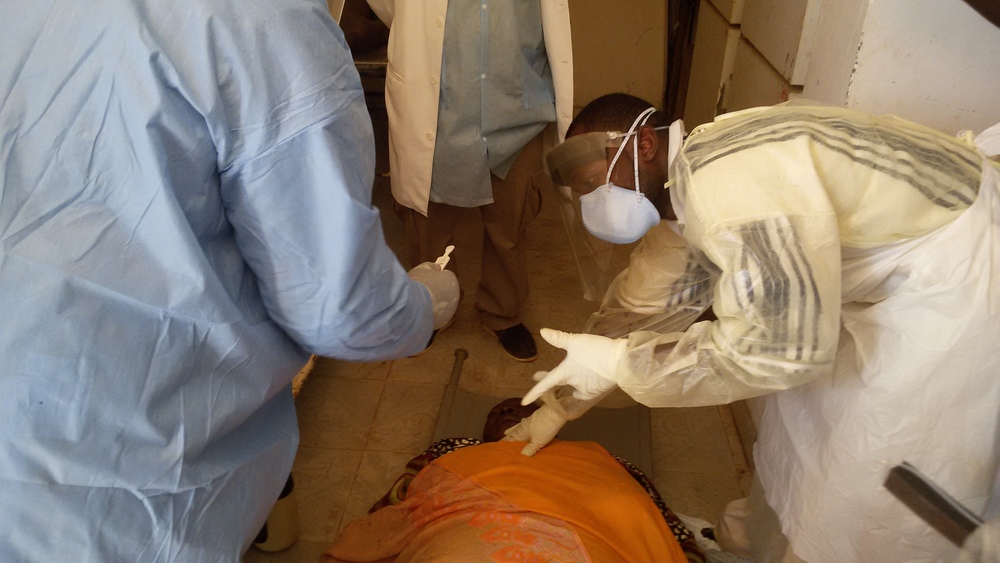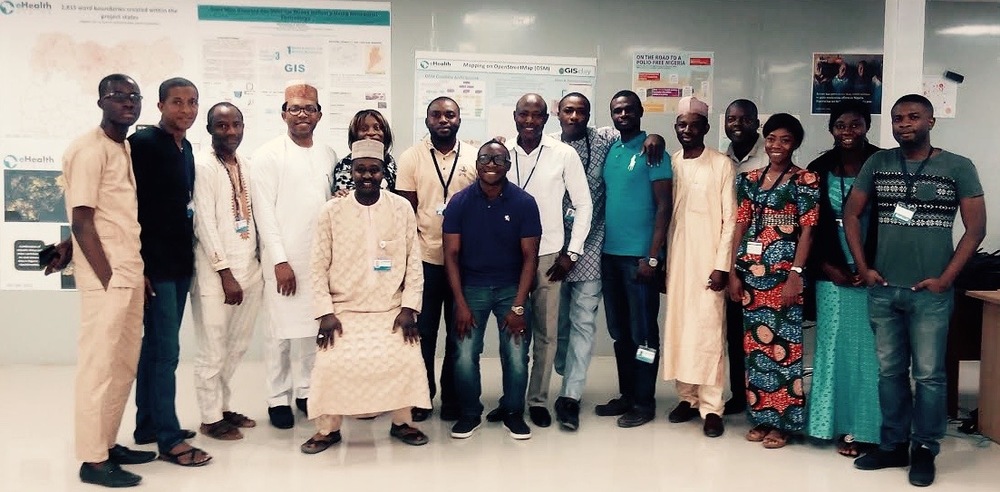
In early February, twenty members from eHA’s Geographical Information Systems (GIS) team based in Kano, Nigeria completed training in a suite of leading Geospatial Open Source Software called QGIS.
QGIS is a desktop application that will allow GIS to view, edit and analyze geospatial data from a variety of formats. It will play a large role in supporting the transitioning of polio assets from eHA to the Nigerian Government, which is a crucial part of building local capacity for the polio legacy. Training was delivered by pGNOSIS UK, a UK training company which has a partnership with Boundless, the world’s leading geospatial IT solution company. Training specifically focused on QGIS, PostGIS and Boundless standard for Geoserver training.
“Technical training and re-training is crucial to the continuous growth of our GIS work,” said Dami Sonoki, eHA’s Geographic Information Systems Team Manager. “Continuous training will improve the competence of the workforce, and keep up with the fast paced growth in software and technology. This will ensure our work solves priority healthcare challenges like finally eradicating polio in Nigeria, and ensures local communities get the health care services they deserve.”

